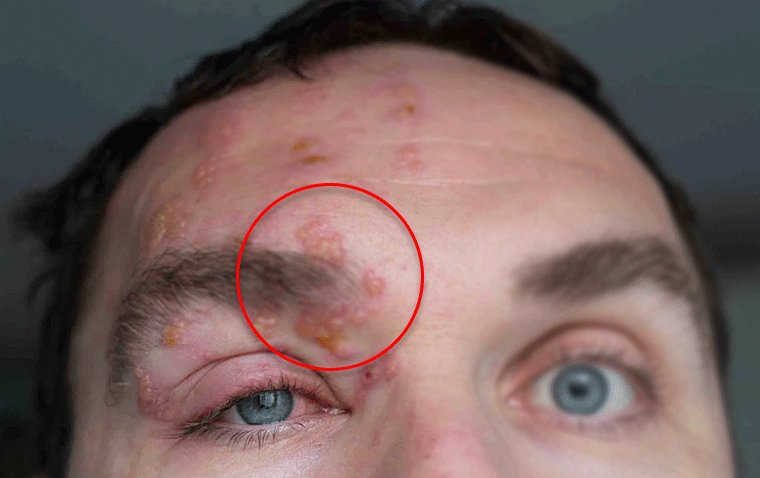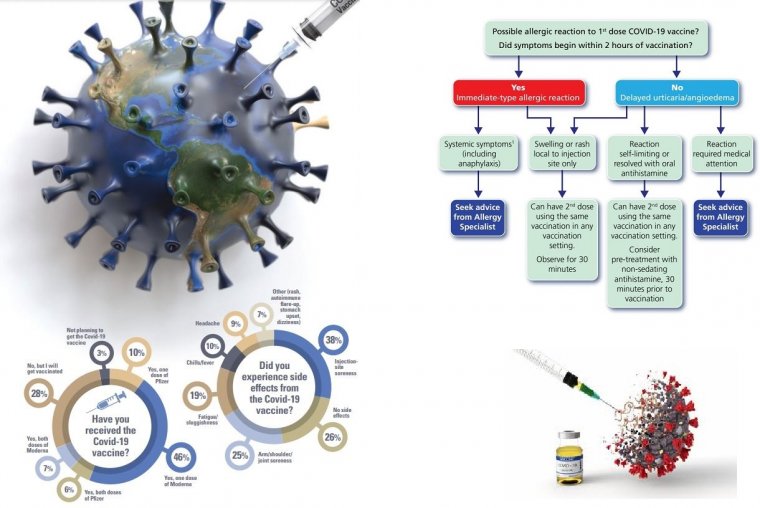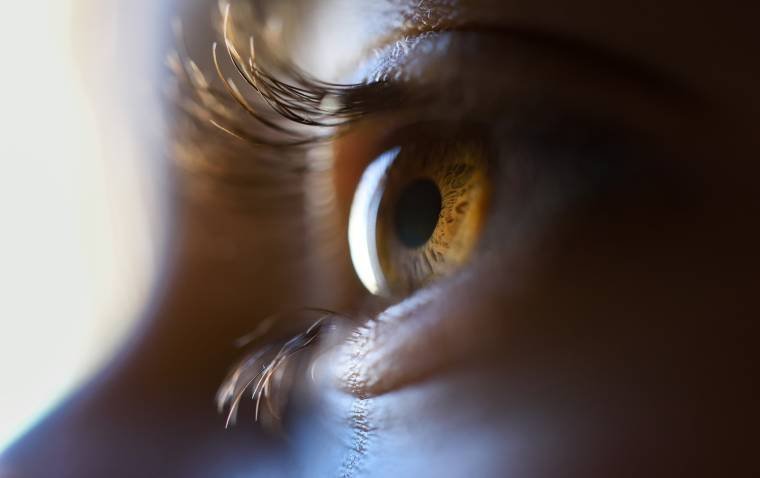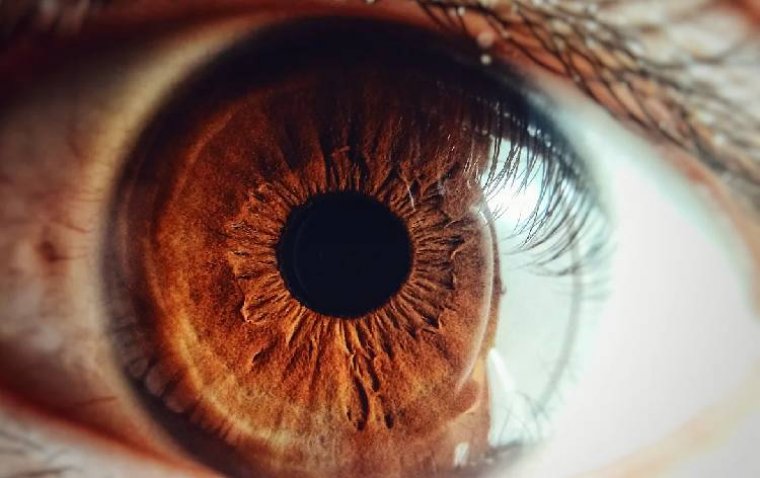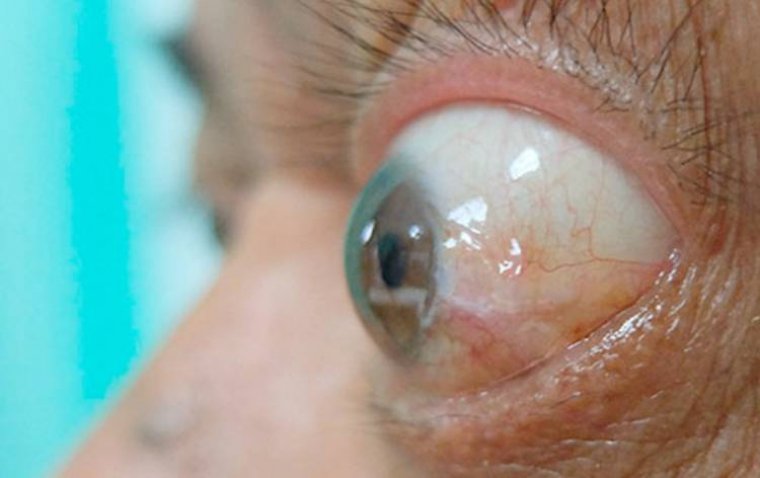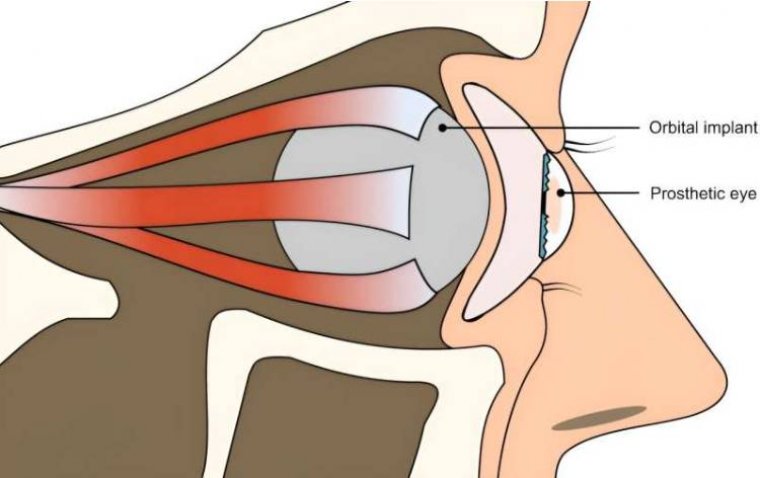
New Experimental Drug Shows Promise in Treating Diabetic Macular Edema
A recent study published in Nature Medicine has unveiled promising insights into a potential breakthrough in the treatment of Diabetic Macular Edema (DME). The study suggests that an experimental drug, part of a new class of therapeutics called "senolytics," could pave the way for more successful and longer-lasting treatments.
Developed by scientists at San Francisco-based UNITY Biotechnology in collaboration with the Maisonneuve-Rosemont Hospital Research Center, affiliated with Université de Montréal, the drug, known as UBX1325 or foselutoclax, has shown significant efficacy in patients who previously exhibited poor response to standard treatments.
DME, a condition characterized by leakage from tiny blood vessels supplying the retina, leading to swelling and vision impairment, affects millions globally. Current treatments, effective for only about half of diabetic patients, often involve frequent eye injections and may be accompanied by adverse side effects.
UBX1325 offers a novel approach by targeting and eliminating damaged, senescent cells within the diabetic retina, as explained by the study's lead author, UdeM ophthalmology professor Przemyslaw (Mike) Sapieha, who also serves as the chief scientist at UNITY. "By removing senescent cells from the vascular unit, we believe we stimulate healing of the retina," Sapieha stated.
Remarkably, the study demonstrated that just one injection of UBX1325 resulted in positive effects on vision lasting at least six months. UdeM assistant professor of optometry Sergio Crespo-Garcia, the study's first author, expressed excitement about the project's progression, emphasizing the potential implications beyond diabetic retinopathy.
With an estimated 93 million people globally affected by diabetic retinopathy to some degree, the prevalence of this condition is expected to rise significantly with the spread of diabetes worldwide. For over a decade, scientists at UdeM and UNITY Biotechnology have collaborated tirelessly to identify molecular pathways for selectively eliminating senescent cells while preserving healthy ones.
Currently, UNITY Biotechnology is advancing UBX1325 in the Phase 2II ASPIRE trial, a randomized, double-masked, active-controlled study. Data from this trial is anticipated in the fourth quarter of 2024, offering further insights into the drug's potential efficacy and safety profile.
Reference
Sergio Crespo-Garcia et al, Therapeutic targeting of cellular senescence in diabetic macular edema: preclinical and phase 1 trial results, Nature Medicine (2024). DOI: 10.1038/s41591-024-02802-4
(1).jpg)

